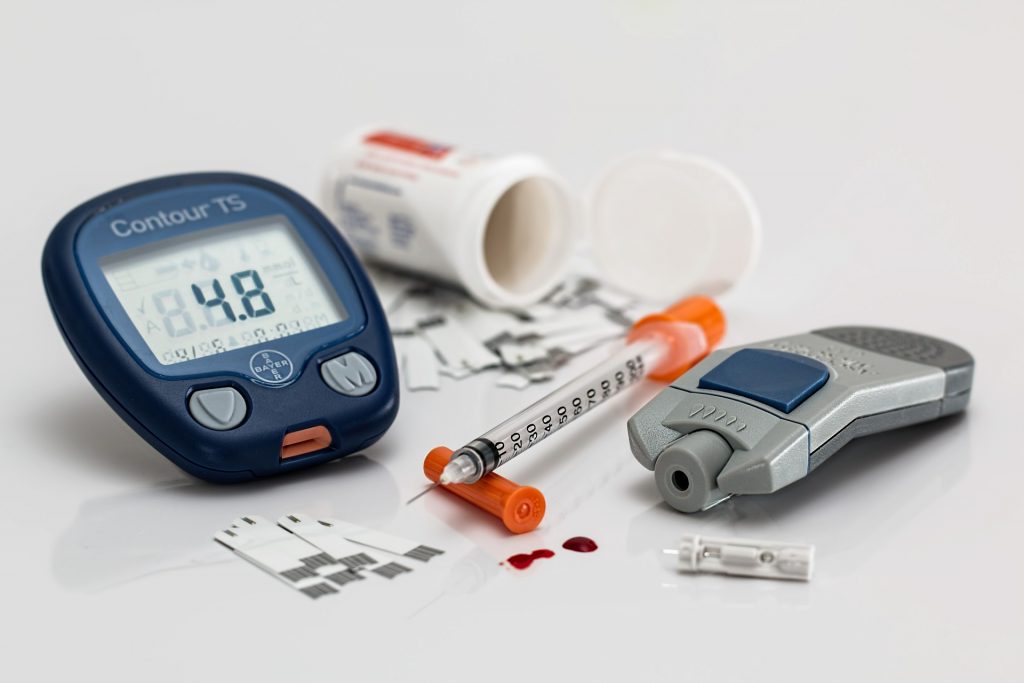A study published in the Journal of the American Medical Association (JAMA) says that if a low-cost tech-enabled care is provided to people with diabetes, it may have a very positive effect on patient’s physical and mental health within a year.
This first-of-its-kind study, also conducted in India, however, has warned that symptoms of depression, blood pressure, and bad cholesterol will be back to the previous level, once the integrated care is withdrawn. Thus, the study suggests the needs for a continued support for blood sugar, blood pressure and cholesterol levels.
The study, called the Integrating Depression and Diabetes Treatment (Independent), compared two types of treatment of diabetes in more than 400 patients in various Indian cities including Delhi, Chennai, Bangalore, and Visakhapatnam.
The study which compared integrated care with the traditional care, selected only those diabetes patients who were also suffering from moderate-to-severe depressive symptoms over a two-year period.
Symptoms related to depression got better in patients who received integrated care. The improvements were most noticeable in patients with the severe symptoms.
Around one in five people (19.7%) with diabetes have depression in India, compared to 15.1% people in the general population. “There is a bidirectional relationship between depression and diabetes, as chronic diseases like diabetes can lead to depression, and vice versa. Depression can cause stress-induced diabetes and also impact a person’s ability to manage self-care, leading to complications,” said principal investigator of the project from India, Dr Viswanathan Mohan, chairman, Dr Mohan’s Diabetes Specialties Centre and director, Madras Diabetes Research Foundation.
The study used care coordinators to screen people with diabetes to ascertain whether the patients also suffer from any mental issues. In Indian people generally don’t visit a psychiatrist to seek mental treatment, hence most of them are not aware that they are suffering from depression or any mental health condition.
According to Dr Mohan, diabetes educators, dietitians, health workers should be trained as non-physician care coordinators to screen for depression. They can also provide counselling to patients who are suffering from mild depression. They can also identify people with suicidal ideation, and send them psychiatrists, says Dr Mohan.
These non-physician care providers were found to be very effective in identifying and managing mental health of people with diabetes in this study. With the help of technology, they were able to monitor several metabolic parameters including hypertension and blood sugar level. Since they were able to monitor important health parameters of the patients, complications such as heart disease, eye disease (retinopathy), kidney failure and amputations were either lowered or completely avoided in many patients.
“The CARRS (Center for Cardio-metabolic Risk Reduction in South Asia) study on diabetes management showed in 2018 that low-cost software used by a non-physician care coordinators can optimise treatment and lower complications in diabetes improving blood glucose-control and lower blood pressure and ‘bad’ LDL cholesterol at no added cost. We added depression to the mix and found it improved outcomes under supervision,” said co-investigator Dr Nikhil Tandon, professor of endocrinology, All India Institute of Medical Sciences, New Delhi.

